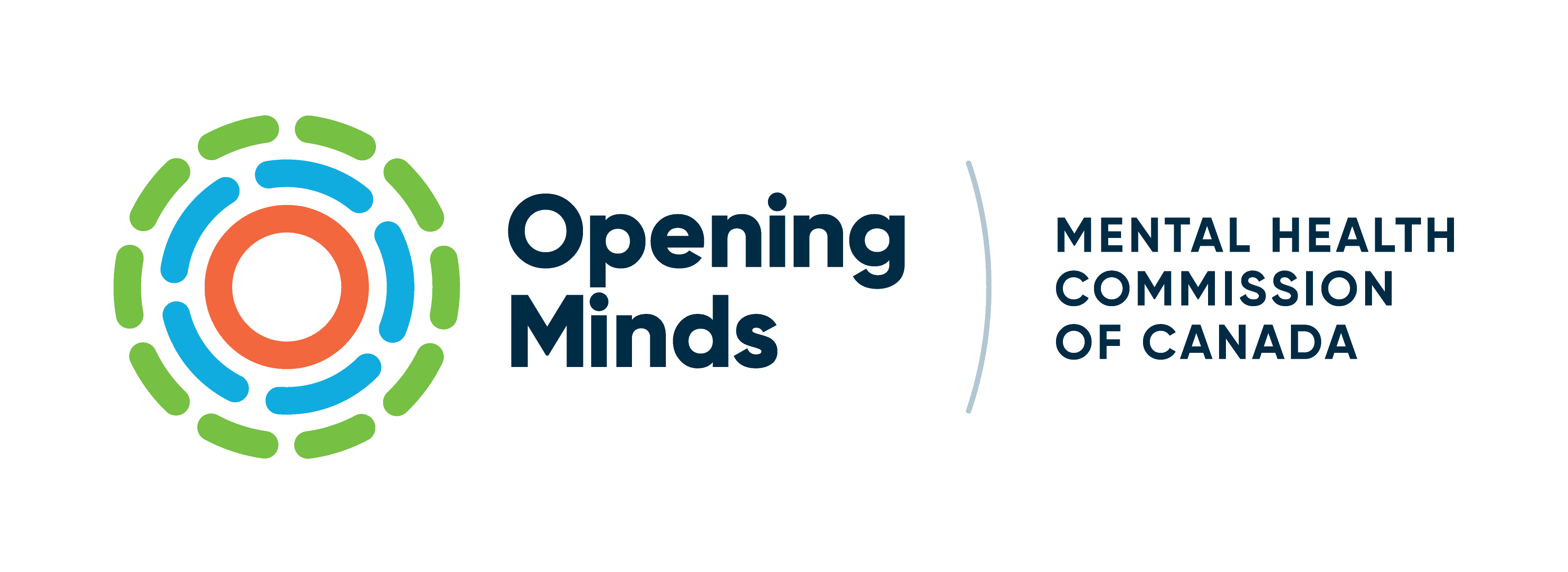Mental Health First Aid First Nations
Mental Health First Aid First Nations is a spark that awakens the courage to have open and honest conversations about mental health with family, friends, and others. It is part of a larger journey that helps strengthen the connections within communities.
Course objectives
The MHFA First Nations course is intended for First Nations however; is also recommended for anyone that works with First Nations. This course can be delivered wherever there is a need, such as a First Nations community, urban organization, rural and remote. It is especially important to note this is not a culturally competency or cultural sensitivity course. It is expected that anyone who takes the MHFA First Nations course will already have an existing and ongoing relationship with First Nations people and communities. It is designed to provide an opportunity for First Nations participants and others who work with First Nations to learn and have serious conversations about mental health and wellness. Participants will reflect on their life experiences, acknowledge the historical context of the colonization of Canada and move forward to address and explore ways to restore balance on a journey to mental health and wellness.
Course model
The EAGLE Model
For many First Nations across Turtle Island (Canada), the eagle has a very prominent place and role. The eagle is most often seen as the messenger to the Creator and for this reason we use the acronym EAGLE to guide the process of implementing the five basic actions of providing mental health support to someone experiencing a mental health crisis or to prevent a mental crisis from worsening until professional help can be found.
In the MHFA course, you will gain a solid understanding of the 5 basic actions of EAGLE:
Engage and Evaluate the risk of suicide or harm
Assist the person to seek professional help
Give reassurance and information
Listen without judgment
Encourage self-help strategies and gather community supports
EAGLE is the framework for having a confident conversation about mental health with family, friends, colleagues, and strangers.
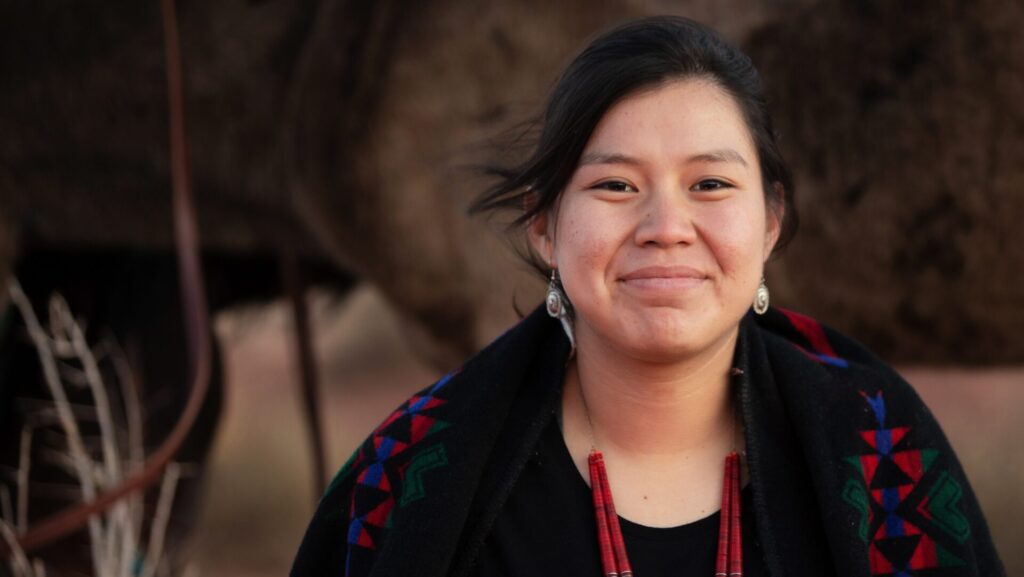
Key outcomes
- Increase awareness of the signs and symptoms of the most common mental health problems
- Increase awareness of the pathways to recovery
- Increase confidence and skills to help those developing a mental health problem or in crisis
Crisis first aid skills learned
- Substance Overdose
- Acute stress reaction
- Panic attack
- Suicidal behavior
- Self-harm
- Psychotic episode
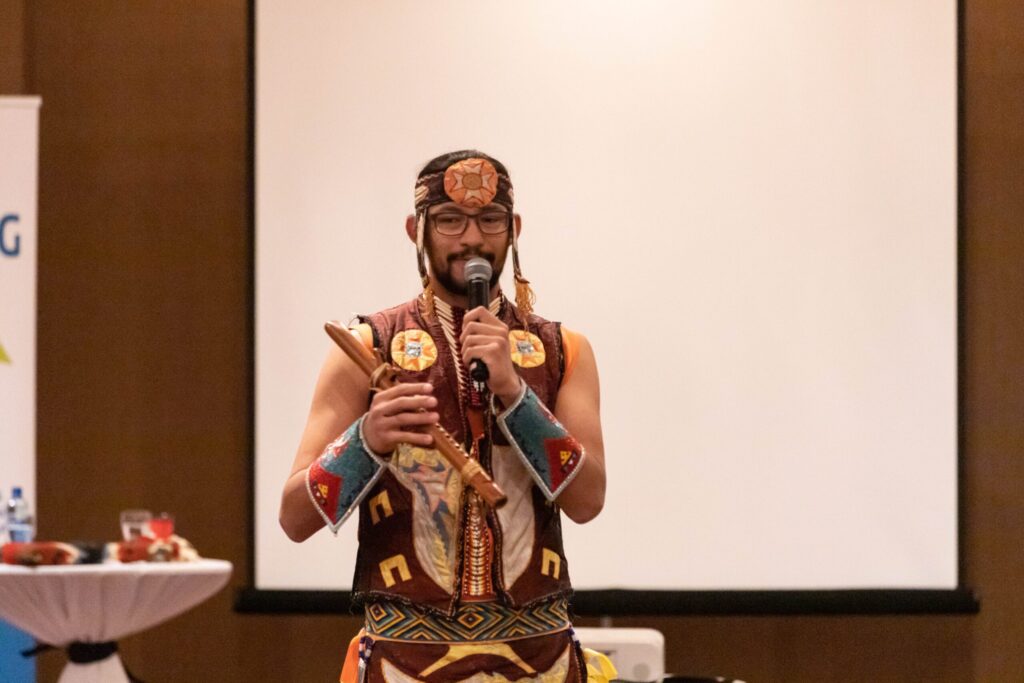
Course sections
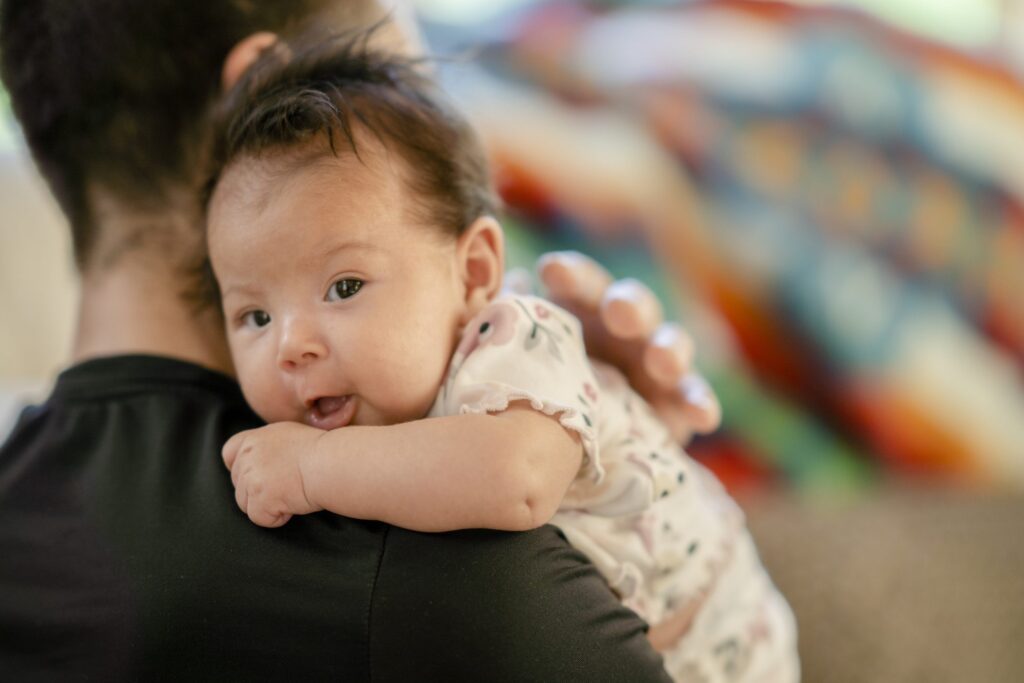
1. Mental health journeys
- First Nations culture and wellness
- Walking in two worlds
- Historical loss and trauma
- Circle of Support
2. Foundations of Mental Health First Aid
- Health and mental health
- Mental health problems and disorders
- Wellness circle for First Nations and Aboriginal Peoples
- Mental health stigma
- The 5 actions of EAGLE


3. Pathways to recovery: mood-related disorders
- Walking in two worlds
- Approaches
- Holistic perspective
- Crisis first aid for mood-related disorders
- The 5 actions of EAGLE
- Circle of support
4. Pathways to recovery: substance-related disorders
- Walking in two worlds
- Approaches
- Substance use disorder
- Problematic behaviours related to substance use disorder
- Alcohol in First Nations communities
- Signs and symptoms
- Holistic approach
- Crisis first aid for overdose
- Risk factors
- The 5 actions of EAGLE
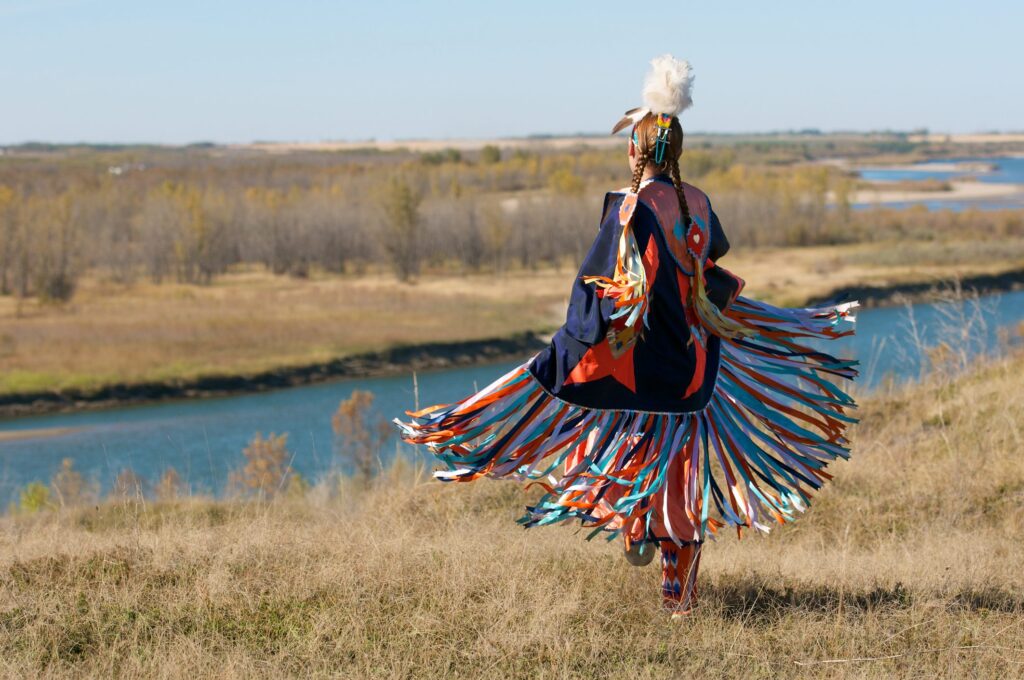
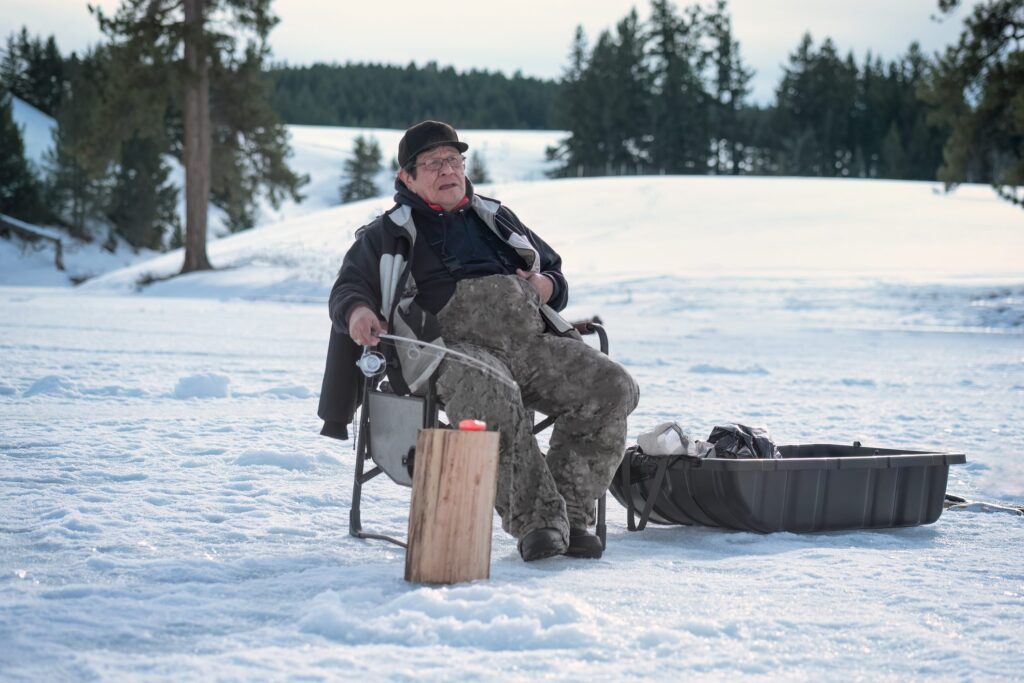
5. Pathways to recovery: self-harm
- Walking in two worlds
- Approaches
- Forms of self-harm
- Crisis first aid for self-harm
- The 5 actions of EAGLE
- Circle of support
6. Pathways to recovery: anxiety and trauma-related disorders
Types of Disorders
- Body, spirit, mind, and heart: signs and symptoms, risk factors and protective factors
- EAGLES for anxiety-related and trauma-related disorders, crisis first aid for acute stress reaction and panic attacks
- Scenario about anxiety-related and trauma-related disorders
- Closing: circle of support and self-care

Co-facilitators run all MHFA First Nations programs. Learn more about the process of becoming one.
We want to hear from you! Use the hashtag #MHFAca to keep the conversation going.
UPCOMING COURSES ACROSS CANADA
Interested in mental wellness training?
We have upcoming courses fit for your needs and in formats that work with your life.
Search our courses
Looking for more information before making a decision?
Our Impact at Work
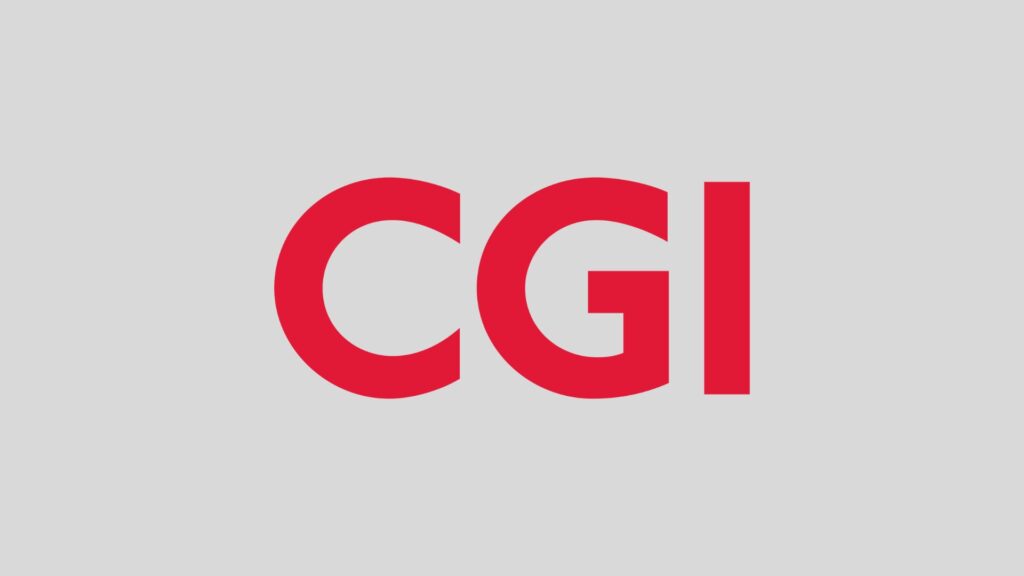
Latest News

Latest News
